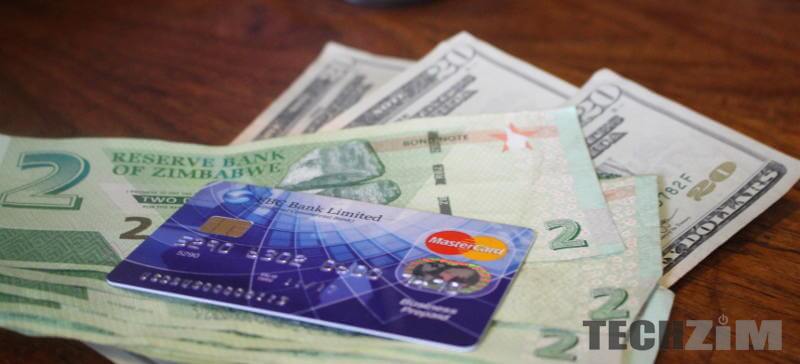It is funny how often we, ordinary people, can clearly see the downsides to some of the decisions our highly educated leaders make. Some of the decisions they make are highly suspect, and no one can blame us for coming up with conspiracy theories in response.
The government came up with their infamous 2% Intermediated Money Transfer Tax (IMTT) and hate it or love it, it allowed them to collect tax from the huge informal sector they otherwise would not have been able to reach.
We found out that IMTT collections reached just over ZW$100bn for the January to September 2022 period. That’s over US$150 million using the prevailing auction rate.
That’s not chump change and so there is no chance the tax will be revisited anytime soon, except maybe to revise it upwards. Does IMTT mean double-taxing registered and honest businesses, leading to them factoring in that tax cost to consumers? Sure, but that’s an extra US$150m in 9 months and so it stays.
IMTT collections are now integral to the government’s revenue collection efforts. In the first 9 months of this year, IMTT collections were close to two-thirds of corporate tax collections. That is crazy.
As a result, the government has its eyes on you dear informal trader,
Government is modernising tax systems, broadening the tax bases as well as introducing more efficient ways of raising revenue from existing revenue measures as well as those targeted at the informal sector.
From 2023 National Budget Statement
So, expect more innovation when it comes to taxation.
4% IMTT on forex transactions
Earlier this year, the government got greedy and increased the IMTT on domestic forex transactions to 4%. Double what the tax is for local currency transactions.
The govt said this was to discourage the use of the USD and promote ZW$ use. This made sense to the professors in government. However, the uneducated populace all saw the fatal flaw in that reasoning.
The 4% tax would not discourage USD use, but rather just the use of electronic channels when it came to USD use. The govt was essentially pushing us to use cash when it came to USD.
They had an opportunity to get a piece of the pie by directing the billions of US dollars circulating in the parallel market to official channels but they did not see it. Vakuru said ‘better late than never,’ it appears the govt has seen the error in their ways so that’s something, I guess.
It took half a year but the govt has seen the light,
…in order to promote usage of the local currency, Government increased Intermediate Money Transfer Tax (IMTT) on domestic foreign currency transfers from 2% to 4%.
It has, however, been observed that some entities are now preferring to settle transactions in cash instead of electronic transfers.
In order to promote use of the banking system, I propose to align the IMTT on foreign currency transactions to local currency transactions at a rate of 2%.
From 2023 National Budget Statement
This will take effect from 1 January 2023.
Is it too late to save domestic forex transactions?
The sentiment on the streets is that sending forex domestically via InnBucks, EcoCash, Mukuru, and the other remittance solutions is expensive. It’s not really a sentiment though, it’s a fact, the 4% tax made those transactions expensive.
So, now that that tax will be slashed in half in 2023, will Zimbabweans give them another go or will they stick to whatever solutions they had come up with? I think people will only resort to such services when nothing else will do, just like they are doing right now.
A few months ago the govt stopped collecting 4% tax at every step of the transaction process. Currently, most remittance service providers collect 4% for the govt and 3% for themselves, meaning the users pay 7% in charges.
With tax falling to 2%, and assuming operators don’t change their own charges, that would mean the total cost to send forex domestically would fall to 5%. A 7 to 5 drop doesn’t sound like much. It’s not quite enough to lead to any meaningful increase in electronic transactions in my opinion.
It is good to see though.
Also read:
It’s not Mukuru with high charges. All Domestic remittances are expensive and it’s by design
4% forex tax & withdrawal levy: Forever banishing the idea of banking USD
EcoCash FCA now cheaper to use, no more cash in/cash out taxes

What’s your take?